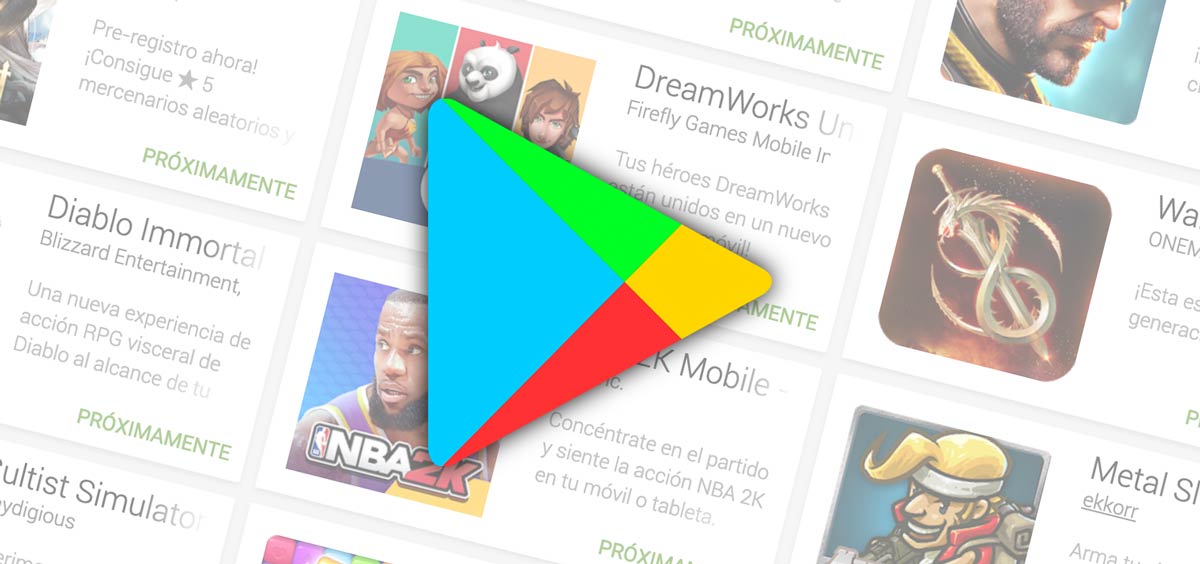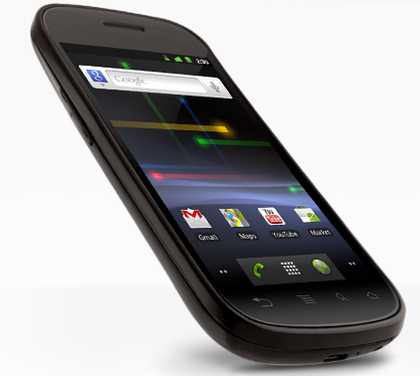



Google Play is the application store present in almost all mobile phones sold in Spain (with the exception of Huawei), a store that thanks to the benefit of coming pre-installed is the most widespread, although this does not mean that you should relax before any rival . Even less knowing that in future versions of Android installing third-party stores will be more accessible than ever.
While functionality is very important in this type of product, design is undoubtedly the key pillar in the user experience and is what invites us to spend hours discovering applications, movies or books. In the latest tests it seems that one of the most traditional elements of Android disappears, which is known as the hamburger menu.


It was 2011, a time when Android was still a long way from being what we know now. Most mobiles had large frames on the front and on many occasions these were used by physical or tactile buttons. At that time, the usual thing was to find four buttons known as Home, Back, Menu and Search. At the end of the year, everything changed forever with Android 4.0Ice Cream Sandwich, the first mobile version to integrate the buttons on the screen, keeping only two of these four and adding a third button that today we know as multitasking.
The great success of the new Google Maps design: Google finally gets it rightGoogle Maps announced a new design celebrating its fifteenth anniversary. It is already reaching the whole world and shows something that Google had never done before.
One of the fixes in the Android design lines at that time to solve the absence of menus ended up being theburger menu
, an element that would expand a little later with the arrival of Android 5.0 and the design line that we know as Material Design. A button located in the upper left corner that when pressed showed us a drop-down menu loaded with options and that is still valid today.
However, as we said when mobile phones without frames began to appear, this element stopped making sense because it was less and less accessible. Little by little we have seen how it began to gradually disappear in various applications, sometimes with great execution, and it seems that at last it is time to say goodbye in the application store.
As we see in Android Police, Google is already experimenting with removing the button in its app store. Google’s arrangement is perhaps not the most ideal in this circumstance, since what was found in a hidden menu in the upper left corner is now found in a button located in the upper right corner, but as it is not displayed by sliding, at least does not incur with Android 10 gestures.
The next revolution in Android design is simpler than you thinkMaterial Design has been the cornerstone of Android app design. The next revolution in this design guide is in frameless mobiles
The Google Play entry is preparing for a design change that was already long in coming appears first in The Free Android.
Exploring the Top 5 Voice AI Alternatives: What Sets Them Apart?
How iGaming Platforms Ensure Seamless Integration of Casino Games and Sports Betting?
The Rise of Spatial Computing: Evolution of Human-Computer Interaction
Data Loss on Windows? Here's How Windows Recovery Software Can Help
Integrating Widgets Seamlessly: Tips for Smooth Implementation and Functionality